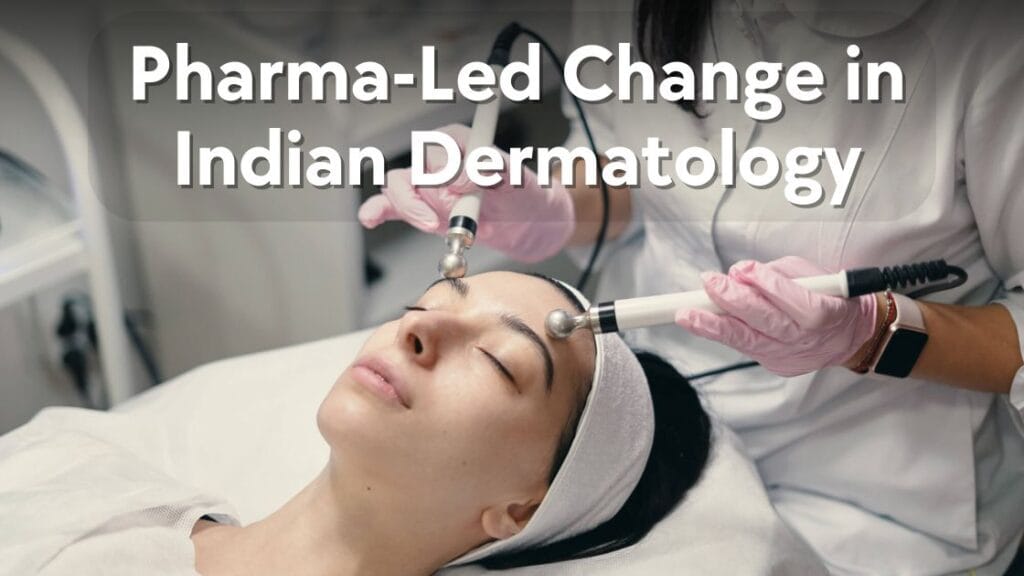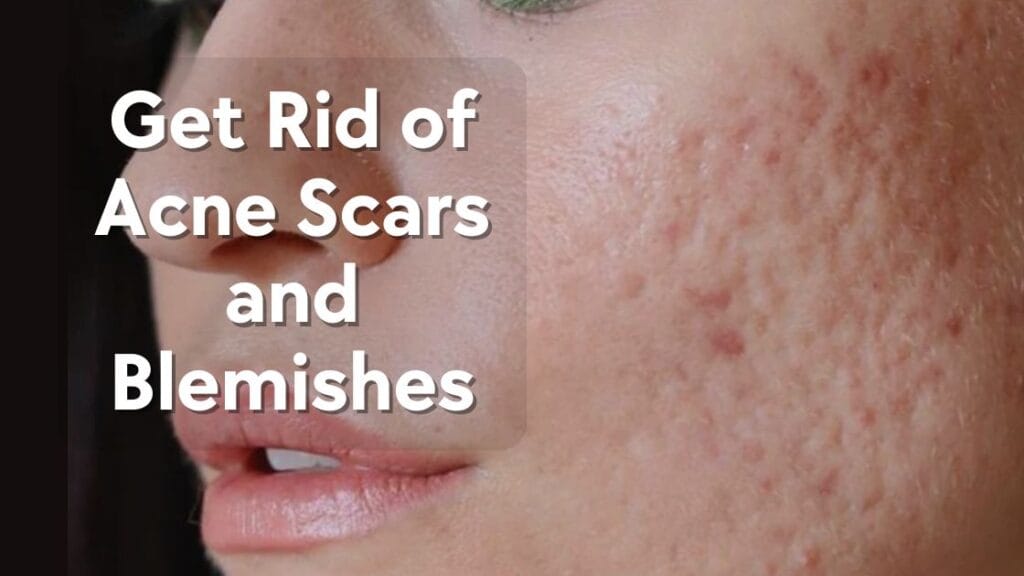Cosmo dermatology is quietly rewriting the rules of skincare in India. It refers to products that bridge cosmetics and pharmaceuticals, active ingredient driven, clinically backed, but available without prescription. In recent years, major pharma brands such as Cipla, Glenmark, Emcure, and others have entered this space with moisturisers, serums, sunscreens, and even anti aging solutions that offer visible benefit backed by clinical research. People now expect more than fragrance or packaging they demand efficacy, safety, trust, and honest science.
From 2023 to 2028 India’s beauty and personal care market is expected to grow from roughly 21 billion USD to around 34 billion USD while cosmo derma or pharma skincare segment has clocked about ₹4 851 crore in revenue (roughly 565 million USD) and been growing at over 17 percent CAGR over the last five years according to industry estimates from Mint and other sources. That means patients and consumers are looking for skin care products that are more than lotions they want formulations with remedy level benefits.
Why Pharma Cosmeceuticals Are Gaining Trust in India
1. Performance That Feels Medical
The key appeal of cosmeceuticals is trust. These products often carry clinical validation and dermatologist endorsements, consumers perceive them as safer and more effective. That reassurance matters especially for skin concerns like acne, pigmentation and barrier repair.
2. A Strategic Market Shift for Pharma Companies
Many leading pharma firms are expanding into cosmo derma to diversify beyond traditional drug portfolios. That shift is partly due to price regulation on essential medicines. Cosmo derma products such as anti aging cream or sunscreen fall outside price ceiling rules, allowing pharma companies to generate unregulated revenue streams while addressing beauty ailments.
3. Matching Consumer Demand for Science and Clarity
Indian consumers today are ingredient aware and sceptical of vague claims. They prefer products that list niacinamide, retinol, ceramides, or SPF with transparent dosages. Cosmo dermatology caters to this trend by offering products that are marketed with clinical evidence or dermatology backing, a draw especially for young professionals and urban millennials.
Market Landscape & Growth Outlook
The Size of the Opportunity
In 2024 India’s cosmeceutical market size reached around 1 645 million USD and is set to grow to over 2 272 million USD by 2030 at a CAGR of 5.4 %. Meanwhile, global cosmeceuticals are expected to hit over 99 billion USD in 2025 and soar to 138 billion USD by 2032 at over 9% CAGR.
Skincare Segment Leads the Charge
Skin care products drive growth in cosmeceuticals, surpassing hair care and injectables. In India, anti ageing, skin repair, sunscreen, and pigmentation solutions are top categories. Dermatology segment revenue was recorded at ₹ 13,860 crore (≈ 1 660 million USD) with Cosmo Derma making up 32 percent of that figure, up from 23 percent five years earlier.
Derma‑Centric Pharma spin‑offs
Several pharma groups now have dedicated consumer derma labels focusing on active ingredients like retinoids, vitamin C, ceramides, or peptides. Brands emphasise clinical trials and dermatologist partnerships to add credibility, a shift from purely functional FMCG positioning.
Personal Anecdotes and Observations
I remember chatting with a dermatologist friend who shared that patients who try pharma skincare often return reporting fewer flare ups and better texture improvements than with influencer endorsed cosmetic brands. The texture might be clinical, but the results speak volumes.
These stories reinforce that trust and efficacy are real benefits that bring pharma skincare to life beyond bottles or labels.
Challenges and Barriers
Regulatory Ambiguity
Cosmeceuticals exist in a grey zone between cosmetics and drugs. Regulatory enforcement around claims, testing, labelling, and quality standards remains inconsistent. Products that make therapeutic claims often require CDSCO approval, but many brands circumvent this by reclassifying ingredients or focusing on mild general claims.
Consumer Perception
While many trust pharma brands, user reviews sometimes describe pharma skincare as heavy or slow working. There’s also criticism that influencer hype can override genuine credibility, especially once perception turns advertising led. One Reddit user warns about influencers promoting strong pharma products without caution.
Competitive Pressure
Cosmeceuticals by pharma still account for a fraction of beauty market share. Pharma brands must step up packaging education and digital engagement to compete.
FAQs People Also Ask
- What is cosmo dermatology in India?
- Which pharma companies sell cosmeceuticals?
- Are pharma skincare products effective?
- What ingredients are used in cosmo derma skin care?
- How big is India’s cosmeceutical market?
- Why do consumers trust pharma skincare brands?
- Are cosmeceuticals regulated in India?
- Can pharma skincare help acne and pigmentation?
- Is pharma skincare pricy compared to beauty brands?
- Should I buy OTC pharma skincare without consulting a dermatologist?
Chatty Reflection
I used to think that skincare meant picking trendy serums or trying viral Instagram hacks. But after researching cosmo dermatology I see that formulations matter more than glossy ads. That moment when someone says their skin cleared up using a niacinamide aloe gel that costs less than a lunch meal felt grounding It reminded me that clarity and trust actually work.
What the Future Holds
Pharma companies in India are likely to double down on cosmo derma. Consumers will continue gravitating toward trusted brands that are dermatologist vetted scientifically validated and reasonably priced. To succeed pharma brands need to step up digital education content regulatory transparency and clear ingredient positioning.
Meanwhile consumer preference trends like clean labeled products long term skin health measurable outcomes and ingredient literacy will keep driving this segment forward.
TL; DR Summary
| Area | Key Insight |
|---|---|
| Growth opportunity | Cipla, Glenmark, Emcure expanding into serums, sunscreen, moisturisers with clinical focus. |
| Pharma brands entry | Niacinamide, retinol, ceramides, vitamin C, peptides. |
| Consumer trust | Dermatologist association clinical claims and testing boost credibility. |
| Core ingredients | Visible efficacy, transparency, ingredient literacy, and affordability. |
| Challenges | Regulatory gaps influencer hype quality standards. |
| Strong trend drivers | Visible efficacy transparency ingredient literacy and affordability. |
Conclusion
Cosmo dermatology is no longer optional, it is a strategic necessity for India’s skincare evolution. Pharma brands are stepping up to offer trustworthy solutions that blend active science with accessible use. The market is still small but growing rapidly with cosmeceuticals carving out a niche between drugs and beauty creams.
As a consumer or someone researching skincare cosmeceuticals represent serious value if used wisely. If you have concerns about acne pigmentation or sun damage consider speaking to a dermatologist about pharma backed skincare It may be clinical But it also delivers results that shine beyond the label.





